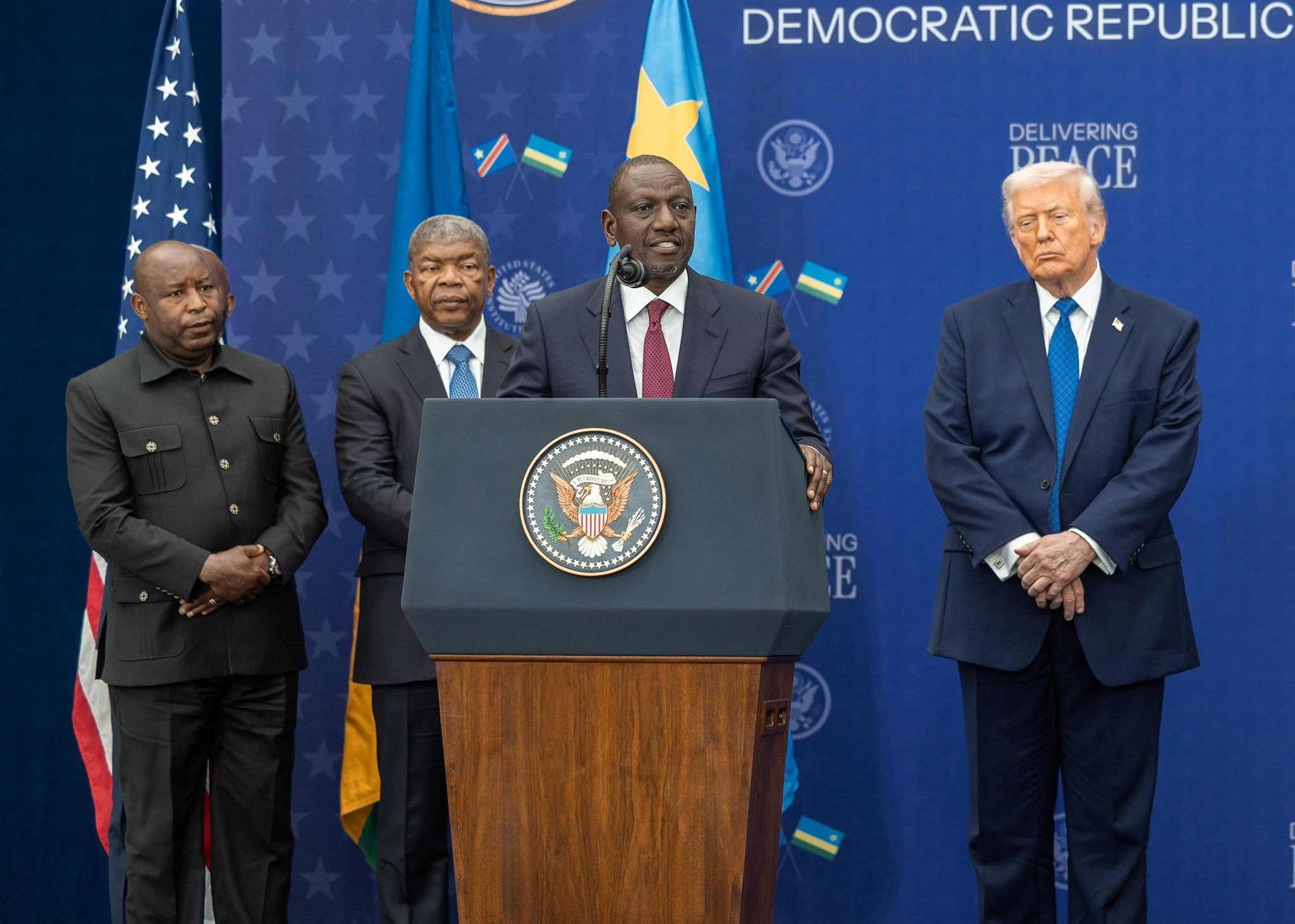Representatives from 20 countries in Eastern and Southern Africa will on Wednesday attend a regional workshop to discuss role of livestock in greenhouse gas emissions.
The three-day workshop set to take place at Naivasha on July 3 to 5 at Lake Naivasha Resort will be held under the theme ‘Scaling up national climate actions in Eastern and Southern Africa to increase climate resilience and reduce methane emissions.'
Food and Agriculture Organization of the UN in collaboration with the Africa Climate Action Partnership organised the workshop.
The workshop will see representatives from Angola, Botswana, Djibouti, Eritrea, Eswatini, Ethiopia, Kenya, Lesotho, Madagascar, Malawi, Mozambique, Namibia, Rwanda, Somalia, South Africa, South Sudan, Uganda, Tanzania, Zambia and Zimbabwe attending.
These are countries where livestock is relevant to the national economy.
“Each country will nominate two delegates to participate in this workshop. One delegate from the Ministry/Agency in charge of Livestock with expertise in livestock development and climate change, and one from the Ministry/Agency in charge of Climate Change with expertise in climate change, NDC reporting, GHG inventory, or UNFCCC focal points,” a concept note for the event states.
Climate change poses a significant global challenge to livelihoods and ecosystems and severely impacts the livestock sector in many countries in the world particularly in Africa.
Rising temperatures, erratic rainfall patterns and increased frequency of extreme weather events threaten the availability of water and forage, disrupt breeding cycles and heighten the prevalence of diseases, directly affecting the health and productivity of livestock.
Millions of people rely on livestock for food security and income generation. Moreover, the sector contributes significantly to national economies, providing employment opportunities and serving as a critical source of export revenue.
However, livestock is also a notable contributor to greenhouse gas emissions, mainly methane, which has a relatively short life cycle but a high potential to warm the atmosphere.
Livestock emits methane through the rumen's digestive processes, known as enteric fermentation. Manure management practices also release high amounts of methane and nitrous oxide.
Addressing methane emissions from livestock presents a dual opportunity: enhancing resilience to climate impacts while mitigating emissions to achieve the Paris Agreement goal of limiting global temperature increase to less than two degrees Celsius compared to pre-industrial levels and preferably to 1.5 degrees Celsius.
Climate-smart livestock strategies offer a pathway to achieving triple wins by enhancing food security and delivering climate change mitigation and adaptation solutions, touching on many of the Sustainable Development Goals.
By adopting practices such as efficient natural resource use, improved breeding and feeding techniques and sustainable land use management, the livestock sector can contribute to broader sustainability and development objectives.
More than two-thirds of African countries included one or more livestock mitigation and adaptation measures in their latest Nationally determined contributions
Many countries in Africa are also signatories to the Global Methane Pledge, a voluntary initiative launched at COP26 by the USA and the EU to reduce global methane emissions by 30 per cent or more from 2020 levels by 2030.
















